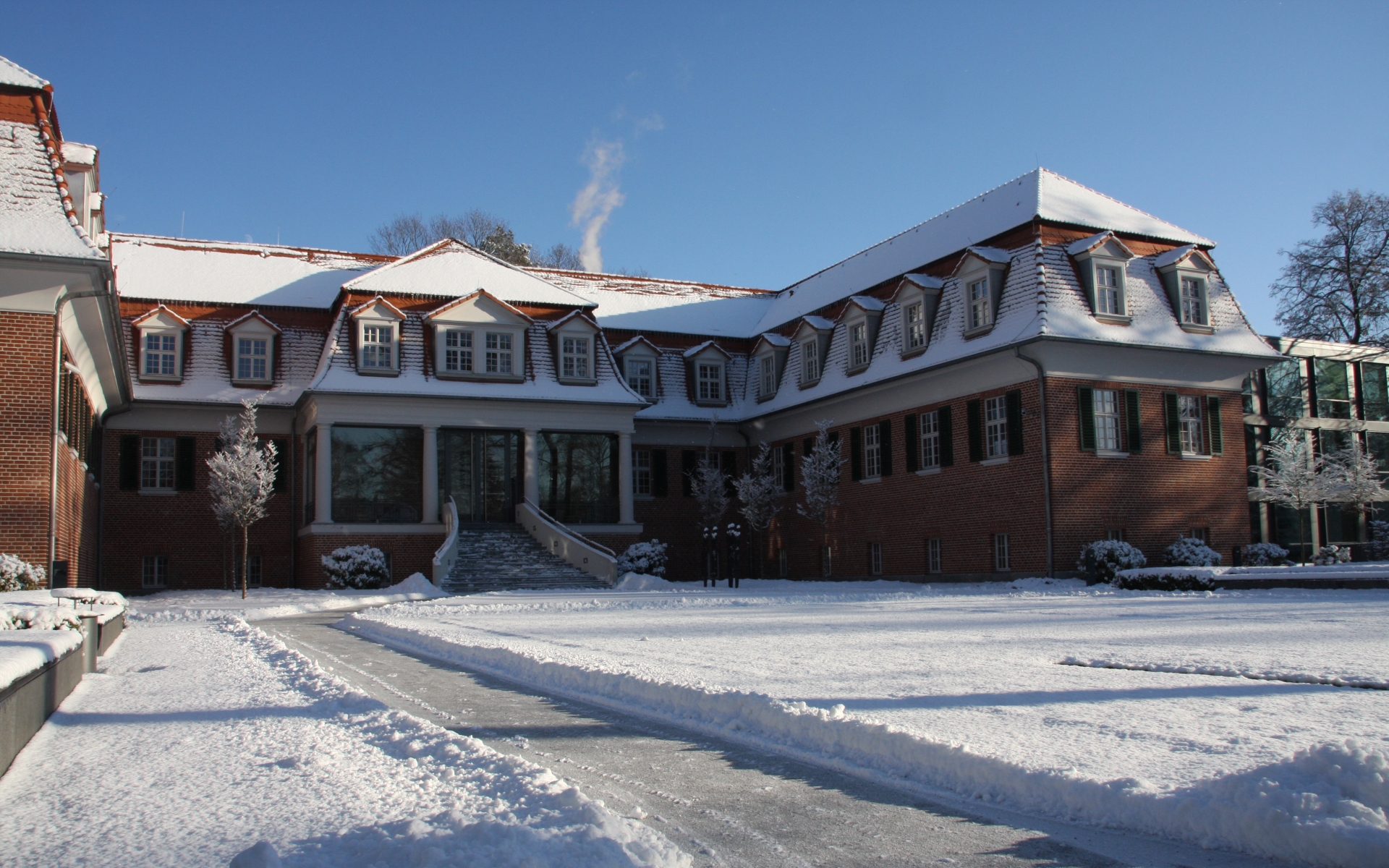During the project, a team of four HPI students and four colleagues from the Paris d.school created an amazing solution for a challenge that was simply made for ME310: Create the perfect bathroom for elderly people.
Supported by their industry partner, the french furniture company Lapeyre, the team started to observe and understand the everyday struggles that seniors face within the bathroom. The one that stood out most: doing your morning and evening routines is challenging with age, as more steps are required and standing up for prolonged periods of time is exhausting.
Based on this finding, the students conceived multiple possible solutions and tested them in the form of low-fidelity prototypes with people in retirement homes or even their own grandparents. It quickly became apparent that the main idea, a retractable chair that can be conveniently hidden underneath a coverable sink, solves all the identified pain points and should therefore become the final solution. This final, almost production ready prototype was then built with the help of Lapeyre engineers in France.
After highly praised presentations at the EXPE events in Stanford, Paris, and Potsdam, Lapeyre continued to develop the idea and now sells an almost identical version of the final prototype through their french stores.

